
Zwylde
-
Posts
461 -
Joined
-
Last visited
Content Type
Profiles
Forums
Store
Downloads
Recruiting - 2020
2019-2020 Football Season
Football
Entertainment
Sports
News and Business
Cloak Room
Transfer Portal
Recruiting
Events
Posts posted by Zwylde
-
-
Damn, that's it. Looks exactly like I remembered it.
-
 1
1
-
-
I'm going off of a 40+ year old memory but does anyone remember a movie (very early HBO days, maybe even the first year) that takes place in a newly built suburb community about high schools students that end up locking all their parents in the high school during a PTA meeting or somesuch? Can't even really remember what the plot of the movie was but I can still kind of picture that scene.
-
-
-
-
I'm shocked at how fast he/she/it moved across the Gulf. That has to be some kind of record going from Southern Coast to Northern Coast in, what, 24 hours or less?
-
-
-
Sturgill's former guitar man Little Joe with a new project. I like it. Sounds very Grace Potterish.
-
That's awesome.
I noticed how on "Life Ain't Fair" that he changed some words and says "won't see me at the CMA's"
-
 1
1
-
-
-
New house to me and the closet light is this LED type. Light does not come on now when you flip the switch. What am I replacing, the led strip? The black Accudrive box thing? The whole damn fixture?
The new ones at HD say they are good for 40,000 something hours or somesuch. Best I can tell mine would probably have about 10 hours total on it so I’m guessing something has failed.
Please halp.
-
On 10/16/2020 at 1:08 PM, The Royal We said:
This song is just outstanding.
More than outstanding. That thing could go straight to No. 1 on the country charts if those idiots would play it. Its a shame they only let you hear what they want you hear and those young country listeners will probably never hear it.
-
 1
1
-
-
Not mine but from another outdoors forum.

-
Not one bite all day except one. Happier than a pig in shit to have my buddy land this one. We’re tossing shrimp in 2.5 foot of water and he yells out “what the hell are those? Are those Tarpon?” I said No but reel the fuck in and cast into them. He does it and in seconds the cork goes down.
45 minutes later of chasing this bastard all over the bay we finally got him landed. Not sure we were gonna get it done on trout gear. Spent the rest of the afternoon cruising and enjoying the beautiful weather with some cold beers.
-
 2
2
-
 3
3
-
-
-
11 minutes ago, crash_davis said:
little dude is awesome. 5-6 lber?
https://www.reddit.com/r/nextfuckinglevel/comments/j13ech/little_kid_bringing_in_a_huge_fish/
More like 8 or 9. That's a big girl.
-
-
Back down to normal in Galveston since this afternoon. I would think the same down in POC.
-
6 hours ago, High Plains Drifter said:
slowly place your hand flat in front of it and he'll (almost certainly a he) will walk right onto your hand, gently walk around and you can freak out your wife, kids, etc.
Yup. It will freak everyone out but they are so harmless its funny.
-
Texas Brown Tarantula. Scoop him up, they make good pets.
-
 2
2
-
-
https://www.ventusky.com/?p=27.5;-73.8;3&l=radar
The line of storms connecting Teddy and Beta coincidence or nah? Pretty damn interesting none the less.
-
 3
3
-
-
The tidal surge seems unusually large with such a small storm does it not? Most all of the Galveston flooding that I've seen is from surge and not really the rain.
-

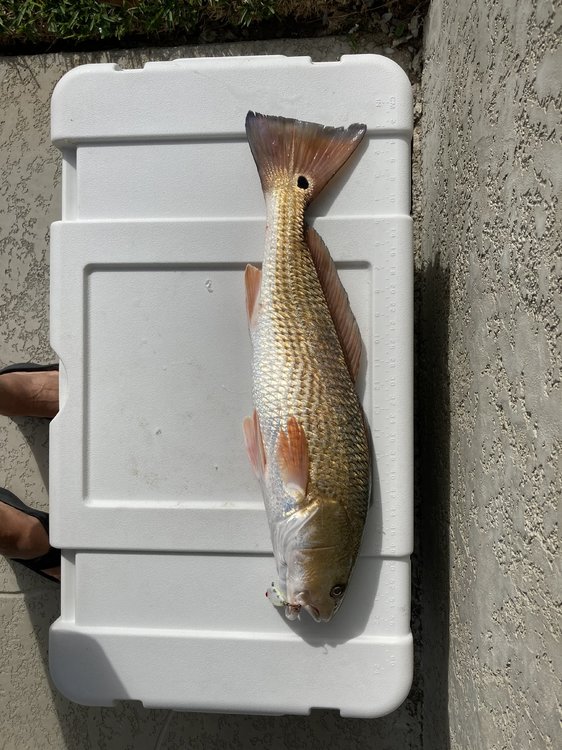

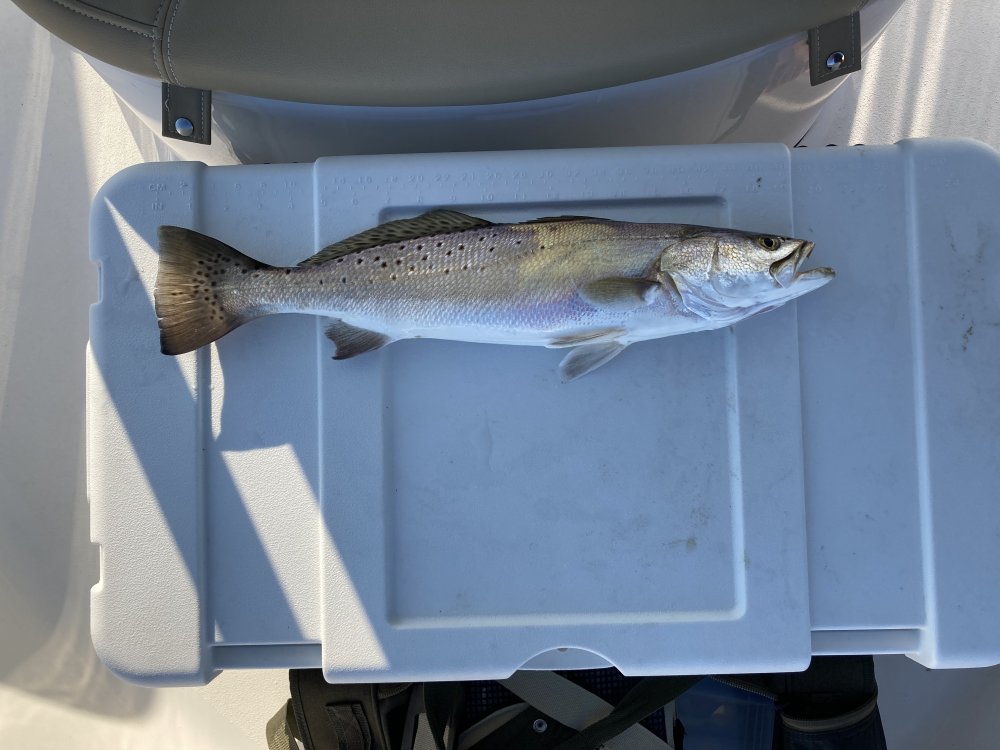
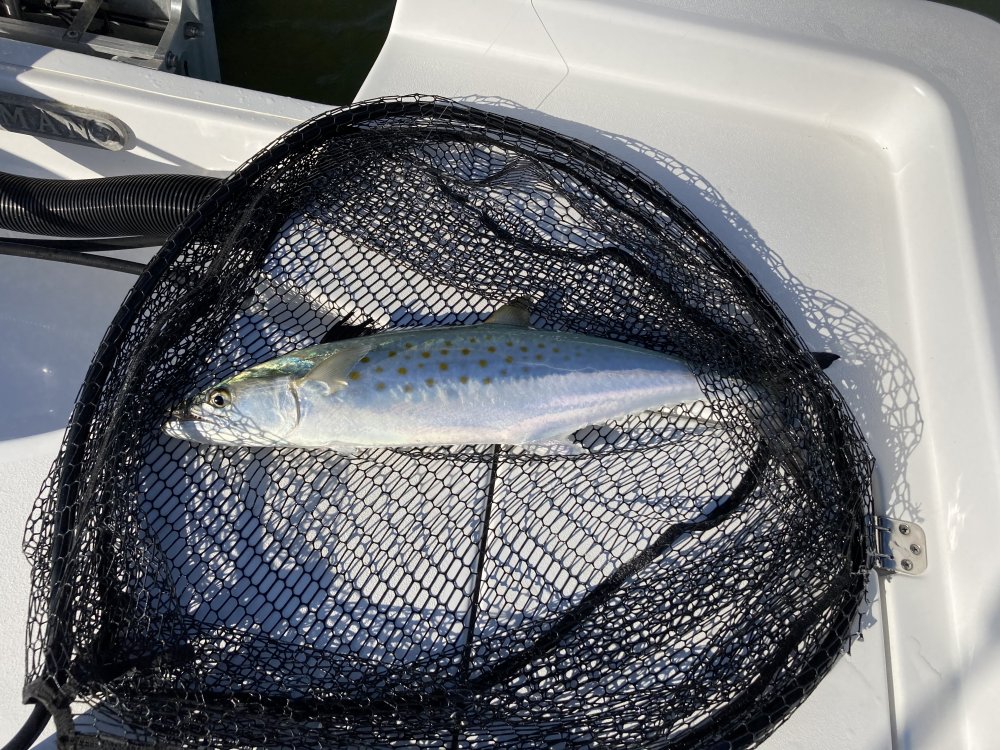




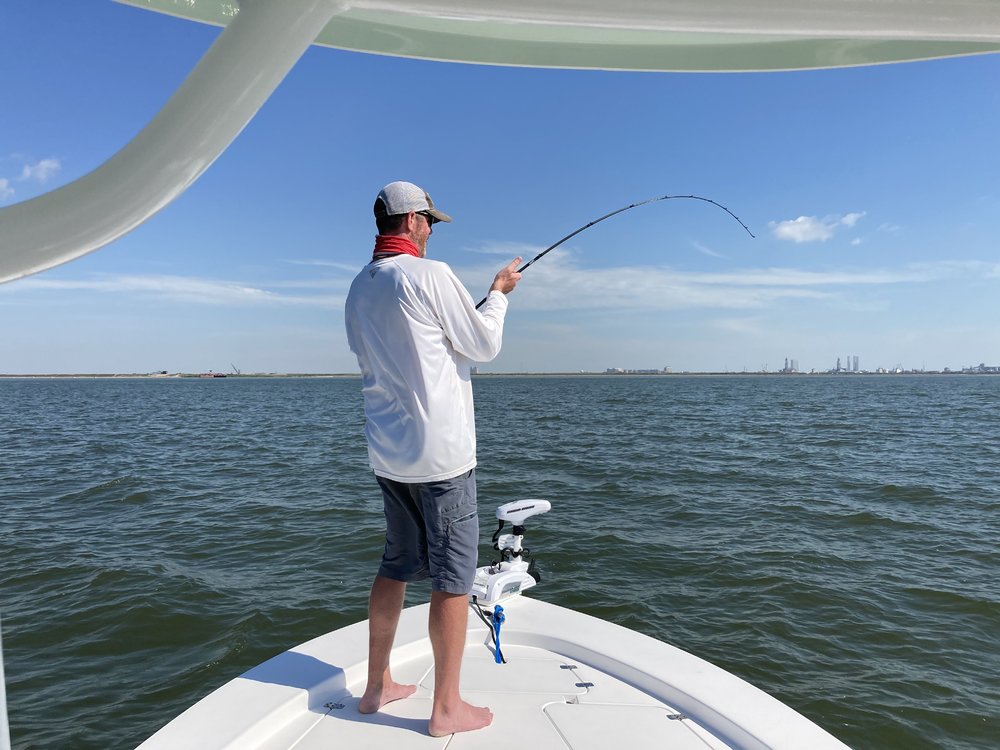
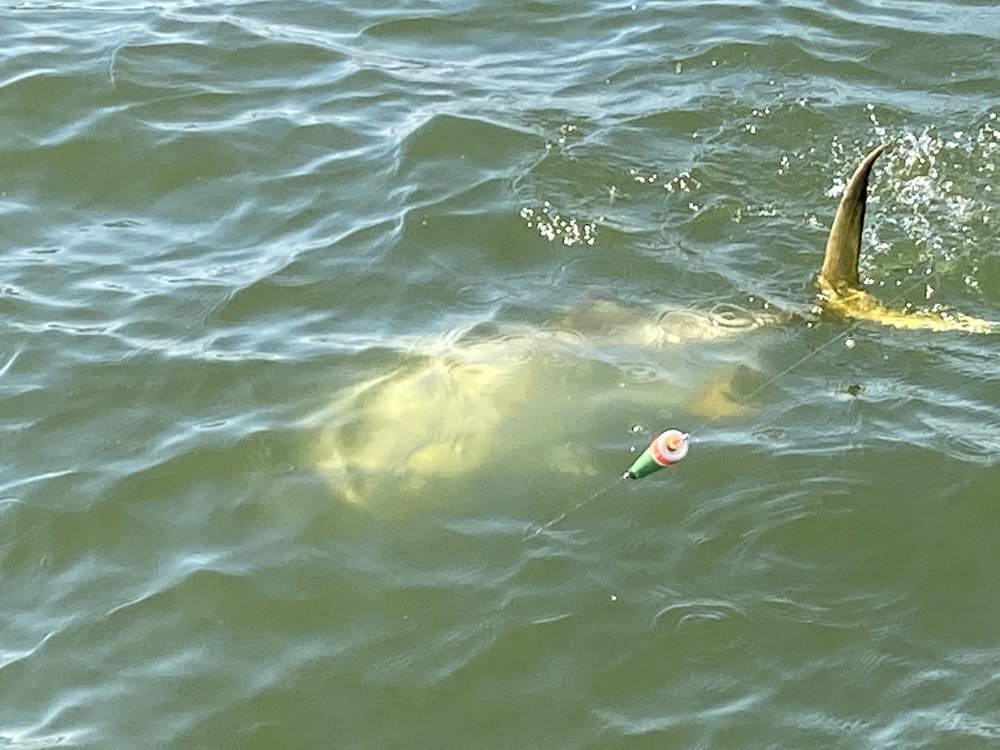
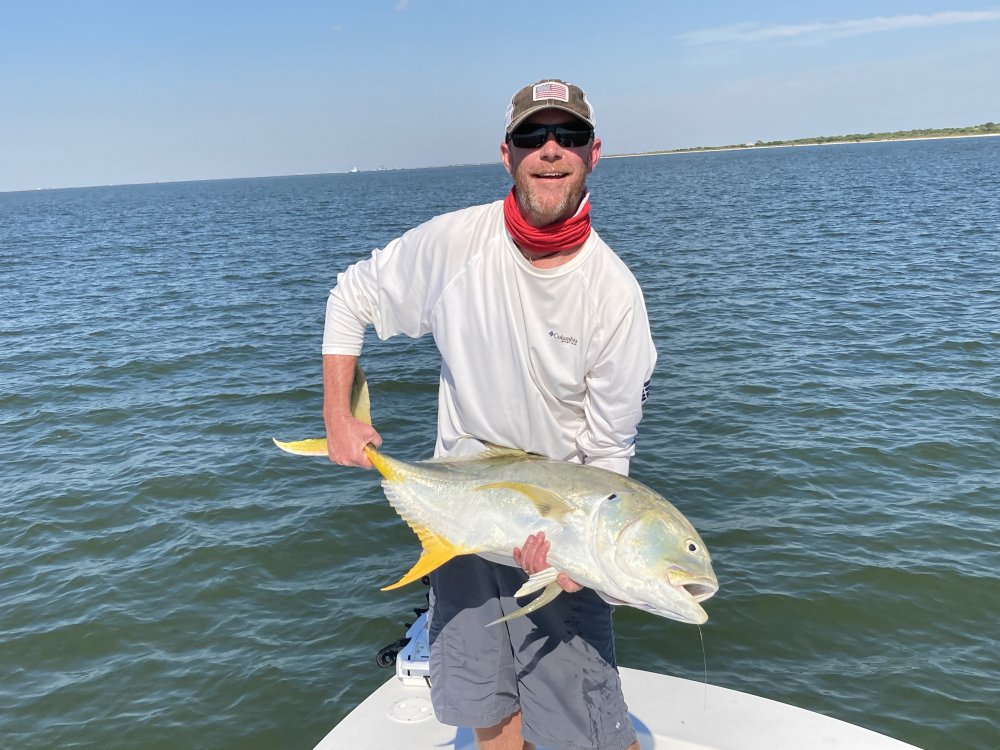
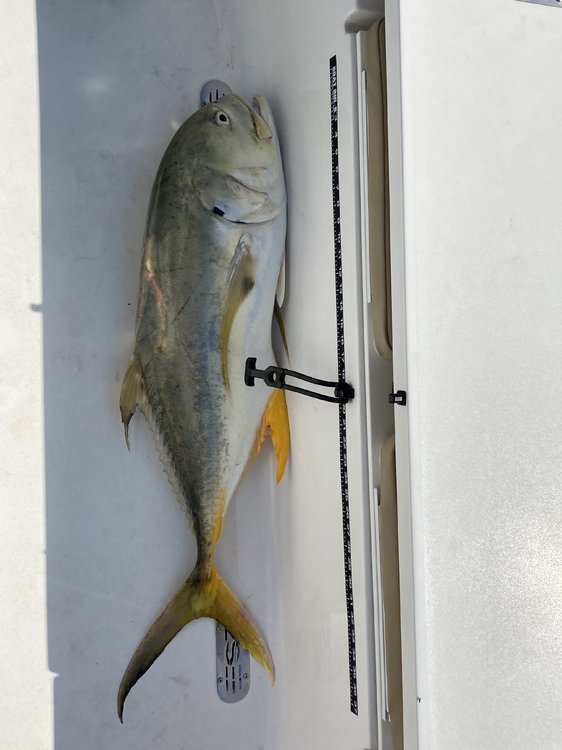
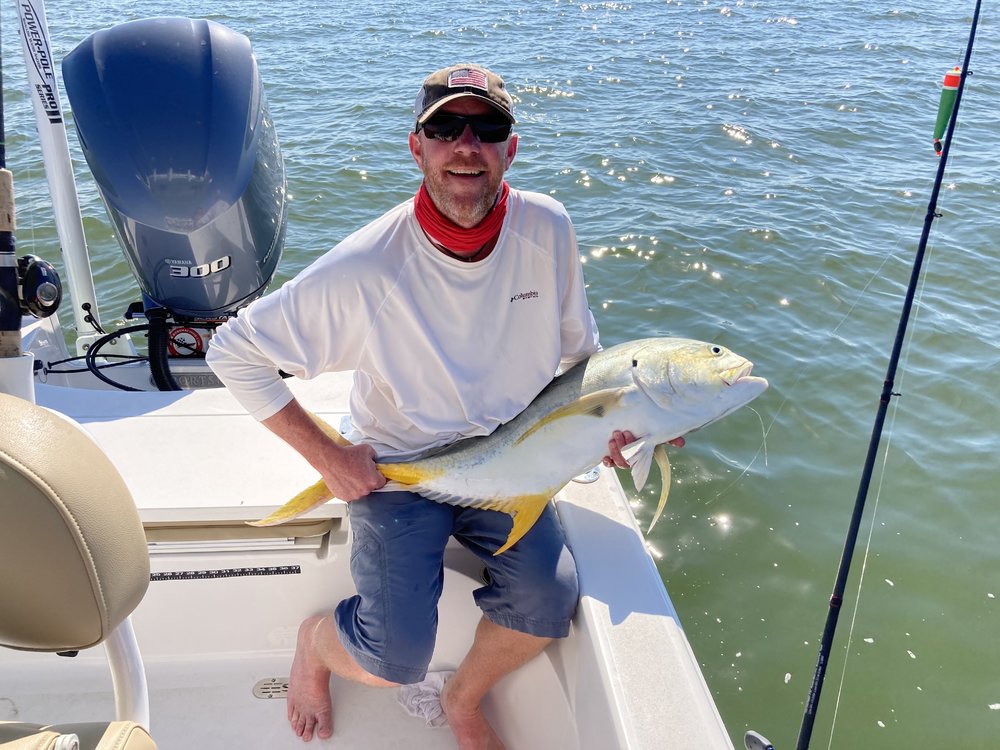
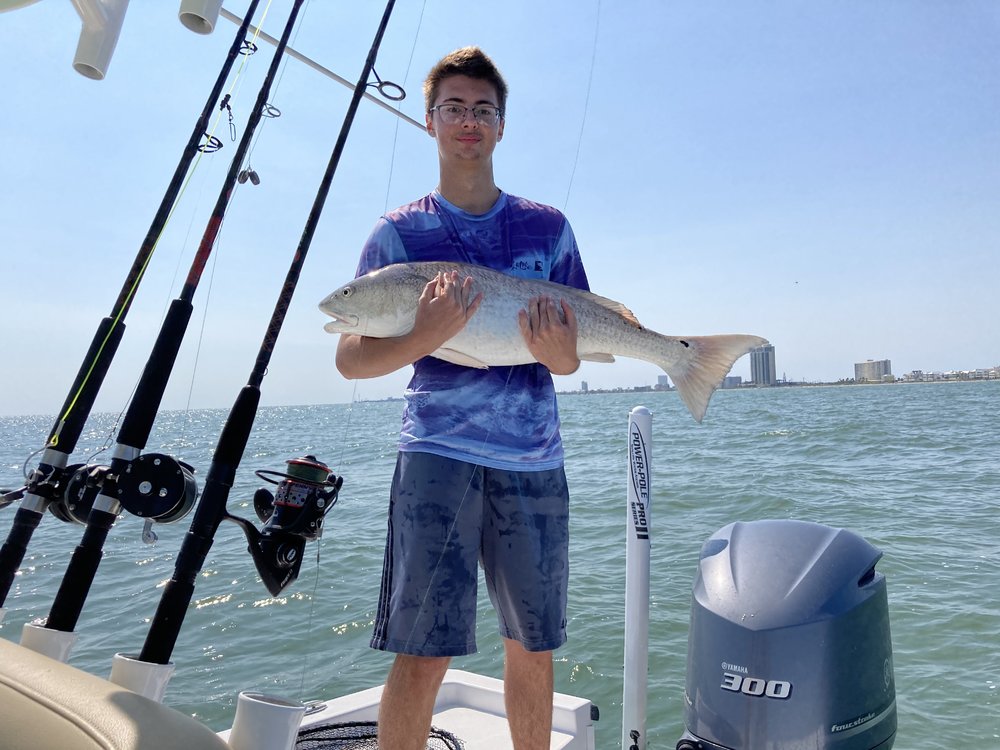
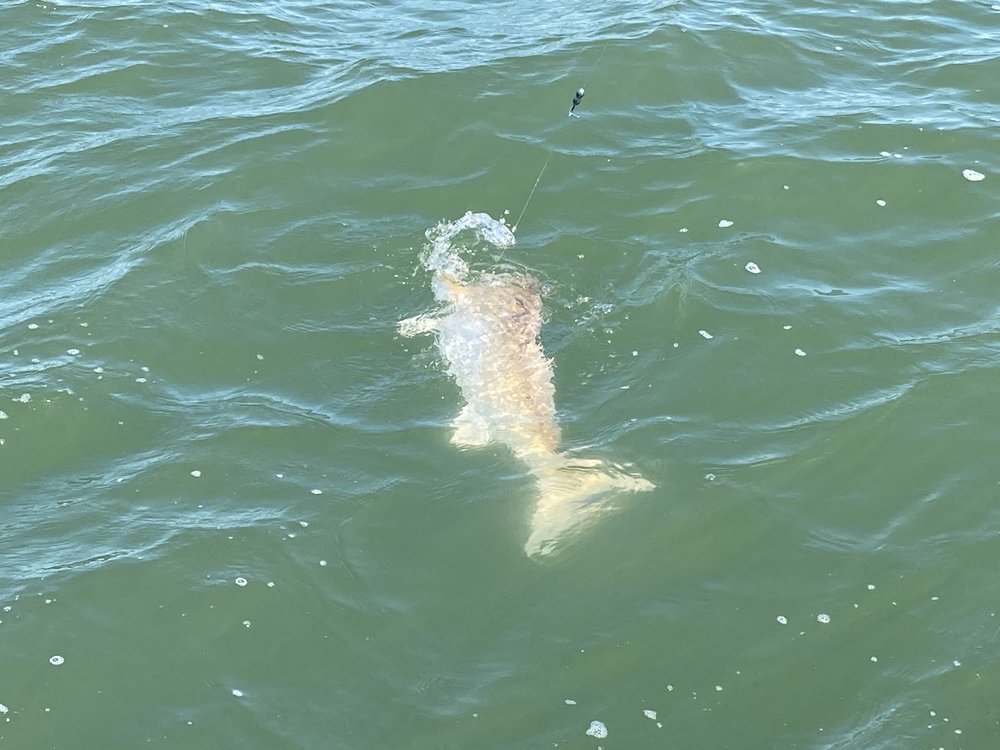
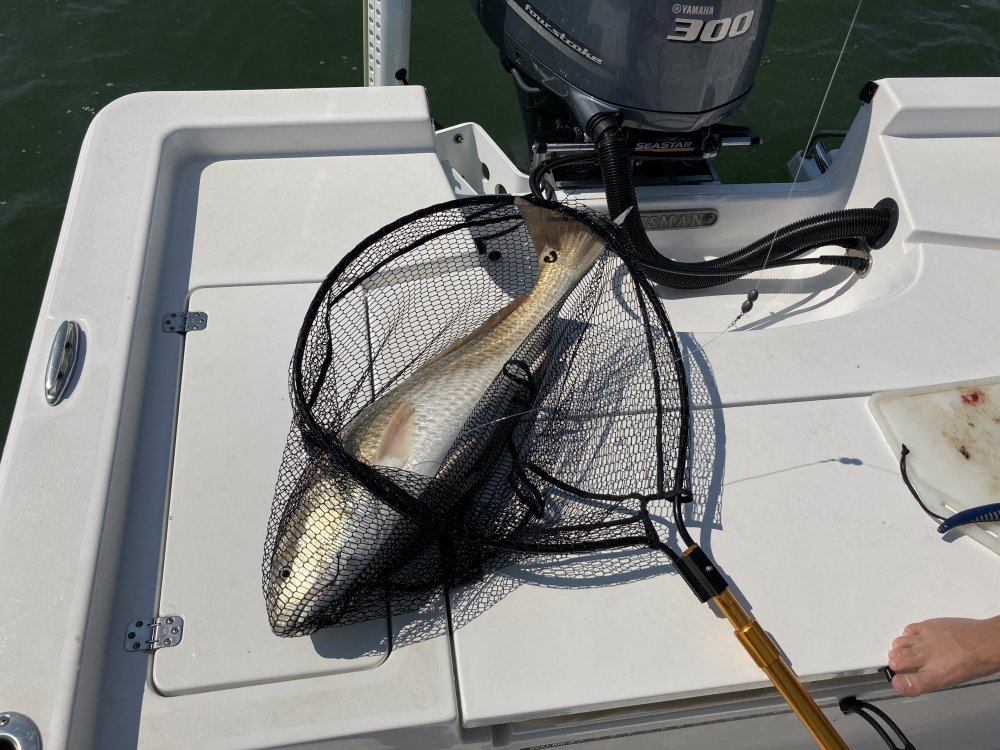
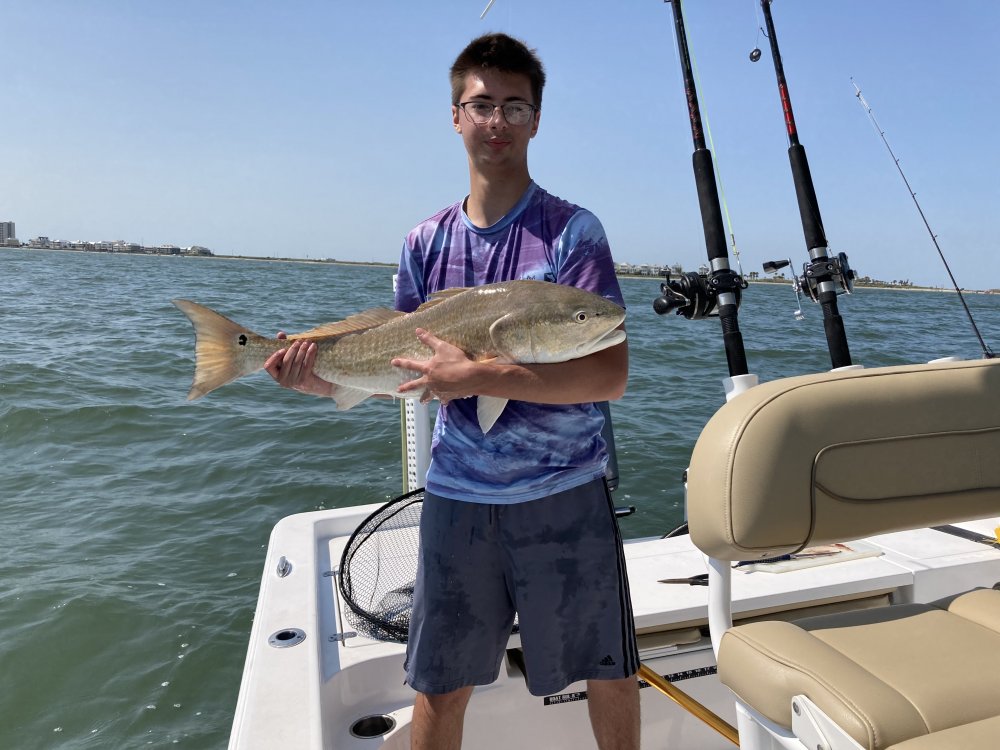



Obscure movies from your youth
in Movies and TV
Posted
Ha, check this out from wiki:
In a "lost interview" between Eddie Van Halen and journalist Steve Rosen, when the Van Halen guitarist was discussing the song "Light Up the Sky," he explained that "Warner Bros. is financing some movie, and they wanted us to write the theme song for it and we were thinking of using that song."[5] While not mentioning the movie by name, later in the interview he describes it as "A neat movie - everyone's going to relate to that. It's high school kids up north in New Granada, some new housing development. They destroy everything, they lock it...they had a PTA meeting, because all the parents were getting together to talk about their problems they were having with all the students and kids destroying the town. And then while all the people were in there, they lock them in, they chain the doors with all the cops inside and stuff. They went out and started smashing the cars and blowing everything up - it was insane. It was supposed to be true, too. It was supposed to be a true story. So I think maybe the title of that kind of sprung from that. Because it was a real trippy movie, and it would be a good title calling it ‘Light Up the Sky.’ Because the last scene of the movie was heavy, boy - it’s just a big flash of flame type of thing."[6] Ultimately, the band opted not to give the song to the film, because Van Halen says in the same interview, "We went and saw a screening of the flick...and it ain't gonna win no Academy Award or nothing."[7] Instead, the song was included on the album Van Halen II.